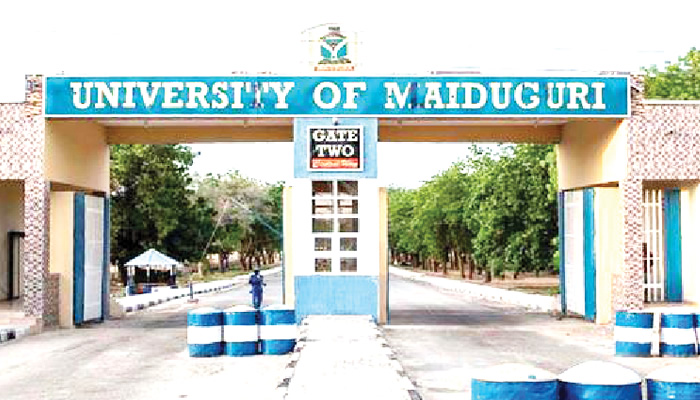
Abaoba, a professor of Computer Engineering at the University of Maiduguri, also called for the adoption of a hybrid system of the traditional and the ICT methods of teaching, learning and research as well as saving the primary and secondary systems of education from collapse.
He was speaking on ‘Sustainable Model for Funding Educational System in Nigeria’, at a seminar themed, ‘In search of Robust Funding Paradigm For Education In Nigeria,’ organised by ABK Alliance Limited in Maiduguri, Saturday.
“Contraction of educational system implies merger of institutions of higher education, which are the University, Polytechnic, College Of Education according to the courses in the country’s curriculum of education,” Engr Abaoba explained.
He said by this, institutions should specialise in specific courses and training, and that not all institutions should offer all courses.
“There should also be Restriction of Some Courses to few a Universities as well as Reduction in admission to some disciplines,” he suggested.
Abaoba suggested that admission to courses should be “Market-based Admission” to address the problem of admitting overbloated population of students the funding, structure and system of the institutions cannot properly cater for.
He explained that the market-based approach would ensure that students are admitted and graduated according to the existing needs of the job market, “to avoid expending huge funds to train and churn out huge populations of graduates for non-existent jobs and to ensure that such graduates are produced according to the needs of the economy.”
Under the hybrid system, Abaoba suggested the marriage of the traditional and ICT methods would save huge funds expended in the construction and maintenance of structures, explaining, “the Hybrid System places less emphasis on building infrastructure (except laboratories and workshops) and develop more use of the cyberspace in teaching and learning.
He stressed that the adoption of these systems would save huge funds for the educational institutions for the provision of qualitative education and cut unnecessary funding in the educational system of the country.





